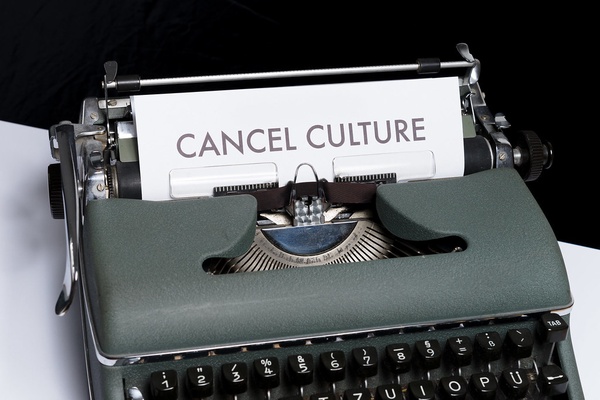How Effective is Cancel Culture Really?

August 20, 2021
Celebrities like DaBaby, Matt Damon, and Justin Timberlake have recently been referred to as cancelled, a term that has come into more prominence in the last few years. The transgressions of many celebrities who are cancelled range on different levels. And while the term has its origins in African-American Vernacular English, like most co-opted terms, it has taken on its own meaning in mainstream media. When speaking of cancel culture, most view it as negative, a witch hunt of sorts. In reality, cancelling, despite its good intentions, rarely accomplishes what it sets out to do.
A prime example of this failure is Morgan Wallen. Morgan Wallen is an American country music singer-songwriter. His album Dangerous spent three consecutive weeks at the top of the Billboard Top 200 chart, which broke a record previously held by Taylor Swift’s critically acclaimed 2012 album Red. Morgan Wallen is currently one of the most famous country artists to date, but he too had his brush with cancel culture.
In January of this year, a neighbor’s doorbell camera caught Morgan Wallen using the N-word, amongst other expletives. And thus began what some would consider his “cancelling,” but in reality it did little. Fans of Wallen quickly came to his defense, defending his language because he was intoxicated or because he was in the privacy of his home. Wallen himself put out a statement claiming that he was disgusted with his actions and promised to do better.
The question bares itself, would he do better at no longer using harmful language or simply become more cautious to not use that language in public where he can be reprimanded? What is there to stop him when he faces no true repercussions from his actions? Directly following this incident, Wallen’s streams and album sales hit an all time high. So, is cancelling even possible? And if so, what are the appropriate next steps?
A common phrase that is used when dealing with artists who have been cancelled is “separating the art from the artist.” You hear this in reference to people like J.K. Rowling or Chris Brown, both who have said or done objectively and morally wrong things but despite this people still wish to consume their art.
Here lies the question, can you truly separate an artist from their work when their work is directly influenced by this person’s views and experiences? Especially when separating this art still directly benefits the person who has done these horrible things? Like in Chris Brown’s case: facing numerous confirmed allegations of assault, domestic abuse and homophobic language, he still remains one of the most successful R&B artists of the century. Chris Brown is still profiting off of his music and maintaining a platform that he can continue to use to harm others.
In closing, this phenomenon that many dismissively refer to as cancel culture is ultimately a myth. No one is truly cancelled, because no matter how horrific an act they commit, there will always be those who defend and continue to support them. And that truth is truly terrifying.



Annalyse Deming • Aug 22, 2021 at 10:53 am
This is an extremely influential piece, and I appreciate how it challenges many of the ‘trivializing’ terms in pop culture.